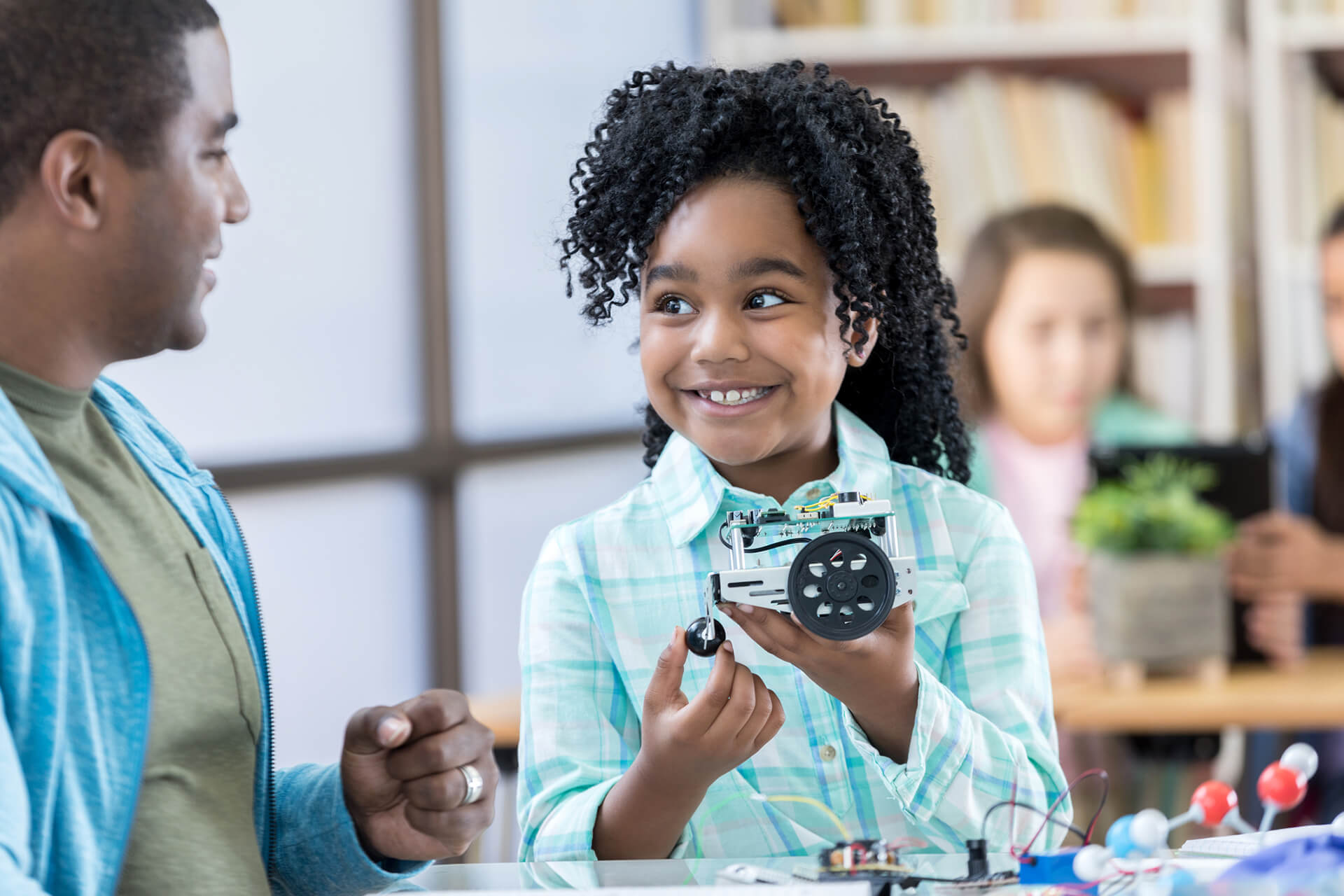By Vivian Cain
Young children are naturally interested in doing the things they see others do. Sometimes it’s challenging to be patient with your toddler or preschooler as they learn the everyday skills they need to become independent.
Children want to pour their own drinks, but the cups are stored out of reach. They want to dress before they completely understand how to dress for the weather. They want to zip their own coats, but you’re in a rush and want to get out the door quickly.
However, enabling your toddler or preschooler to do these things on their own has incredible short- and long-term benefits. When children feel more independent and able to do things on their own, they no longer feel the need to fight for control. You also may find that emotional meltdowns become less frequent.
The Montessori education philosophy includes a strong focus on independence and everyday tasks. A Montessori environment provides a comfortable and consistent setting in which your child has access to the resources they need to learn the everyday functions that are essential at home.
But even though your child may be learning how to perform these tasks at a Montessori school, there are a few ways you can help reinforce their learning and help cultivate their independence at home.
Provide access. One of the first things your child can learn to do on his or her own is to set the table for meals. Create an easily accessible place where your child can reach items like silverware, dishes, and other household supplies.
Don’t give in to the urge to keep your children away from breakable items. This helps them learn the importance of handling items with care. While you may not want them handling vintage china, allow them to handle $5 plates. Allow them to figure things out on their own without immediately interfering. This will help them recognize patterns and develop reasoning skills as well. You can provide guidance but be patient about jumping into correct without giving them time and space.
Rethink your child’s environment. Your child’s room is her sanctuary; it’s a space she can have entirely to herself and feel confident and in control. There are also many things your child can learn to do in his bedroom that will foster independence. Provide a stepstool so he can pick out clothes from the closet or dresser. It may help to store unseasonable clothing to ensure your child chooses clothes appropriate for the weather.
Allow consequences. Part of a Montessori education — and life in general — includes helping your child deal with the consequences of his or her actions. As a parent or guardian, you may never want to see your children discouraged or upset. However, they must also develop these skills to become independent adults. If you notice your child making an unwise but relatively harmless choice, consider resisting the urge to correct them. When the outcome is not what they expected, help them understand how they can make a better choice in future.
Independence is a crucial trait that your child must learn to function as an adult. At Maria Montessori International Academy, we’re dedicated to encouraging independence as a way of building a strong foundation for children. It’s the path for becoming responsible, self-sufficient adults who are engaged in positive relationships with those around them.







